Difference between Hotels and Resorts: Insights for Travelers
When planning a holiday or business trip, you might find yourself considering various accommodation options. Hotels and resorts are two of the most popular choices for travellers. While both provide lodging facilities, there are distinct differences that cater to different needs and expectations. A hotel typically offers a place to stay, with services centred around your room, while a resort is more of a destination in itself, offering a plethora of recreational facilities and amenities.
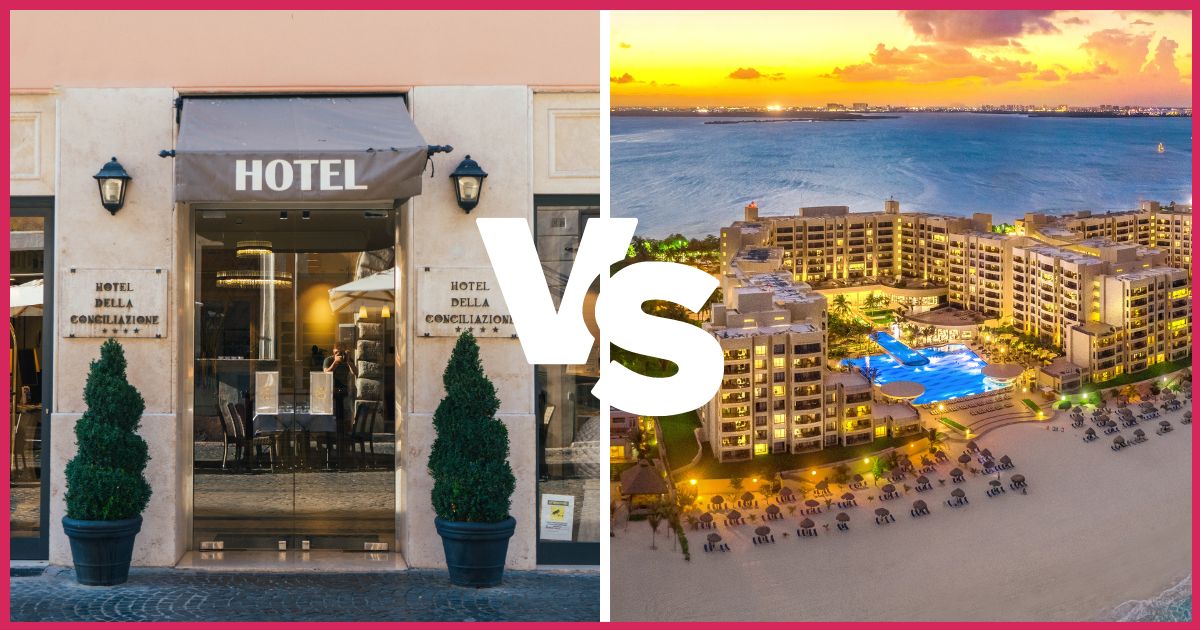
Understanding these differences can significantly impact your travel experience. Hotels are often situated in urban areas, close to airports, business districts, or city attractions, making them convenient for sightseeing or business meetings. The services offered by hotels usually include daily housekeeping, room service, and sometimes a restaurant or a small fitness centre.
On the other hand, resorts are designed as self-contained entities, often located in scenic areas far from the hustle and bustle, where the setting itself is a prime attraction. They boast a variety of on-site facilities such as swimming pools, spas, activities, and multiple dining options, allowing you to enjoy a more inclusive experience without the need to venture far.
The choice between a hotel and a resort comes down to the nature of your trip and personal preferences. If you're looking for a convenient stopover with basic amenities and direct access to your urban destination, a hotel will likely be your go-to.
However, if you're seeking an escape with an array of leisure activities to indulge in without leaving the comfort of your accommodation, a resort will be the better option. Your decision will influence the pace and style of your trip, so consider what matters most for your travel experience before making a booking.
Defining Characteristics
When choosing your accommodation for travel, understanding the defining characteristics between hotels and resorts can help tailor your experience. Below, you'll find the specific factors that set these types of lodgings apart.
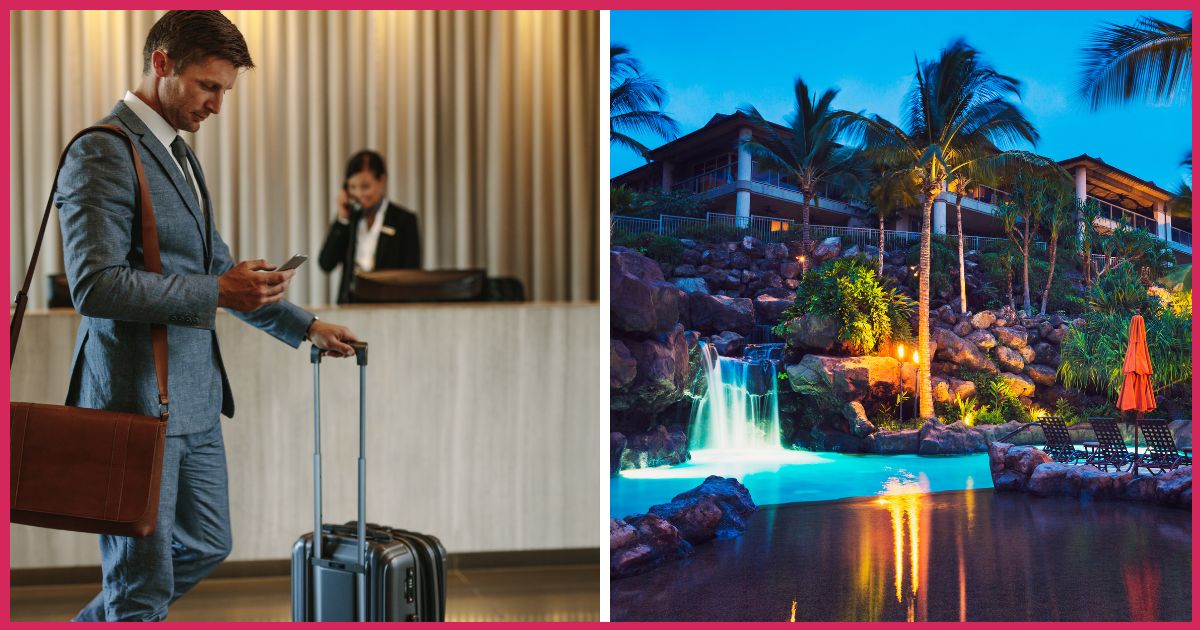
Purpose and Focus
Hotels primarily serve guests who need a place to sleep, often business travellers or tourists passing through an area for short stays. Their focus is on convenience and providing essential services. Resorts, on the other hand, are destinations in themselves, offering a comprehensive vacation experience with various activities and amenities intended for leisure and relaxation.
- 🏨 Hotel: Business and short-stay focused
- 🏖️ Resort: Leisure and all-inclusive focused
Location and Setting
Hotels are frequently found in urban areas or city centres, making them convenient for guests who need easy access to local attractions or business facilities. Resorts tend to be situated in picturesque settings, such as beaches or mountains, where the natural environment plays a crucial role in the guest experience.
- 🏨 Hotel: Urban areas, near attractions or business centres
- 🏖️ Resort: Beaches, mountains, secluded natural settings
Architectural Style and Land Use
The architectural style of hotels often maximises space in high-demand areas, striving for a high number of rooms. Resorts have a more generous usage of land, with sprawling grounds dedicated to leisure facilities, gardens, and large pools.
- 🏨 Hotel: Compact, efficient use of space
- 🏖️ Resort: Expansive grounds with varied facilities
Target Audience
Hotels cater to a wide variety of guests, including business travellers and tourists. Resorts, by contrast, often target those looking for a getaway or family vacation and may provide specific accommodations for children.
- 🏨 Hotel: Business travellers, tourists
- 🏖️ Resort: Families, holiday seekers
Ownership Types
You'll find both independent hotels and those owned by large chains in the hospitality industry. They can range from budget options to luxury accommodations. Resorts can be independent as well but are frequently part of larger chains offering similar experiences across different destinations.
- 🏨 Hotel: Independent or chain, varied luxury levels
- 🏖️ Resort: Often chain-owned, typically focusing on comfort and experience
Price and Budget Considerations
The price of staying in a hotel can vary greatly depending on location, size, and offered amenities. Resorts typically command higher prices due to their all-inclusive nature and the extensive facilities and services they provide, which are geared towards a more luxurious stay.
- 🏨 Hotel: Wide price range, basic to luxury
- 🏖️ Resort: Generally higher priced, more likely to be all-inclusive
Duration of Stay
Guests usually book hotels for shorter durations, often for business trips or brief city breaks. On the contrary, resorts encourage longer stays to ensure that guests can fully enjoy the array of activities and amenities on offer, making them ideal for an extended holiday.
- 🏨 Hotel: Short-term stays
- 🏖️ Resort: Longer, more immersive stays
Facilities and Amenities
When choosing between hotels and resorts, the facilities and amenities on offer can greatly influence your decision. It's essential to consider the specifics, like room types, dining varieties, and leisure options, tailored to your needs.
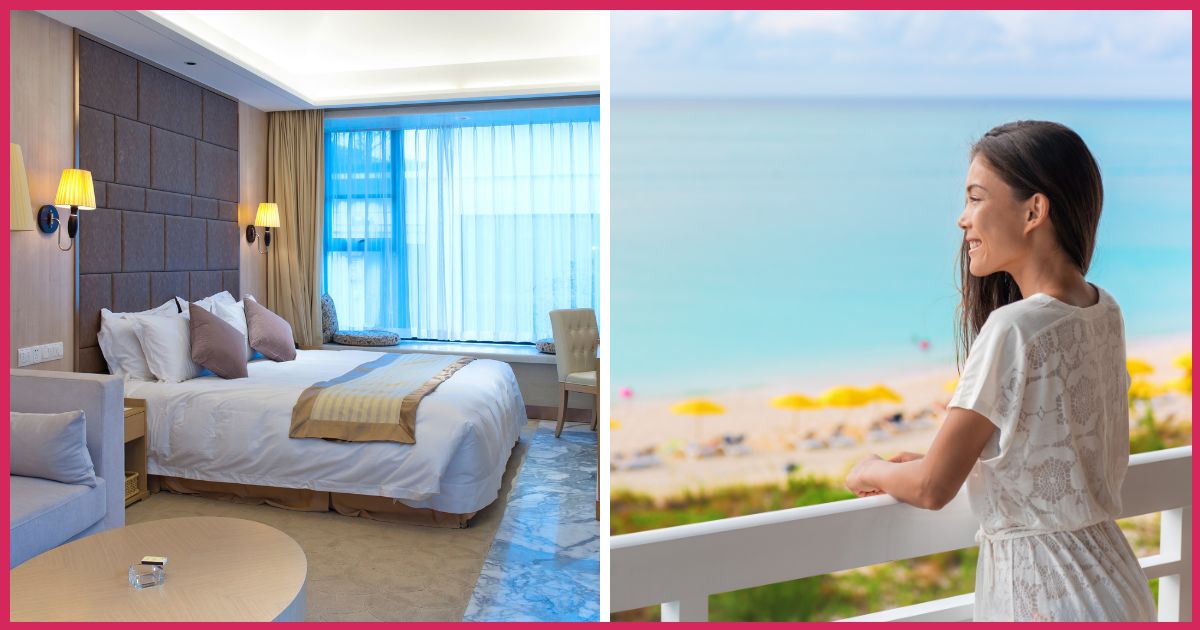
Types of Rooms and Suites
Hotels typically offer a range of room options, from standard singles to deluxe suites. In contrast, resorts might provide more expansive accommodations, including villas with private pools. Your choice may depend on whether you're looking for a simple overnight stay or a luxurious home-away-from-home experience.
- 🛏️ Standard Room: Typically includes a bed (such as a zip & link bed), bathroom, and basic amenities.
- 🛋️ Suite: Often features multiple rooms, lounge areas, and enhanced furnishings.
Dining and Food Options
Your dining experience can vary significantly between hotels and resorts. Hotels may have one or two restaurants that offer a specific type of cuisine or setting:
- 🍽️ Hotel Restaurants: Limited to a few on-site options serving international or local dishes.
Resorts often boast a wider array of restaurants and dining plans, including:
- 🥂 All-Inclusive Resorts: Usually includes all meals and drinks in the booking cost.
- 🍛 Specialty Restaurants: Offers a variety of cuisines from fine dining to casual beachfront eateries.
Entertainment and Leisure Activities
For entertainment, hotels often provide basic amenities like swimming pools or small fitness centres, while resorts might feature extensive recreational facilities, such as:
- 🎾 Golf and Tennis: Often have on-site courts and courses.
- 🏄 Water Sports: Can include snorkelling, diving, and kayaking activities.
Wellness and Relaxation Services
If relaxation is your goal, resorts generally outshine hotels with their comprehensive wellness services. Hotels may offer a minimal spa or fitness centre.
- 🛁 Spa Services: Range from massages to beauty treatments.
- 🏃♂️ Fitness Centres: Include gyms with a variety of equipment for workouts.
For Children and Families
For family vacations, resorts are typically more accommodating with activities aimed at younger guests, as opposed to the limited options in hotels.
- 👧 Children's Clubs: Supervised activities and play areas.
- 👨👩👧 Family-Specific Suites: Cater to those travelling with children, offering more space and amenities suitable for family needs.
Conferences and Business Services
Hotels often cater to business travellers with facilities like conference rooms and business centres. Resorts might also offer these but usually in a more relaxed setting.
- 📊 Conference Rooms: Equipped with necessary technologies for meetings and presentations.
Additional Services and Offerings
Additional services vary greatly and could influence your choice depending on your needs.
- 🛎️ Room Service: Available in both hotels and resorts, though options may be more extensive in resorts.
- 🏪 On-Site Services: Resorts may provide on-site shops, exclusive beach access, and private transportation options.
Experiences and Activities
When selecting your holiday accommodation, the range and quality of experiences and activities available can significantly impact your overall enjoyment.
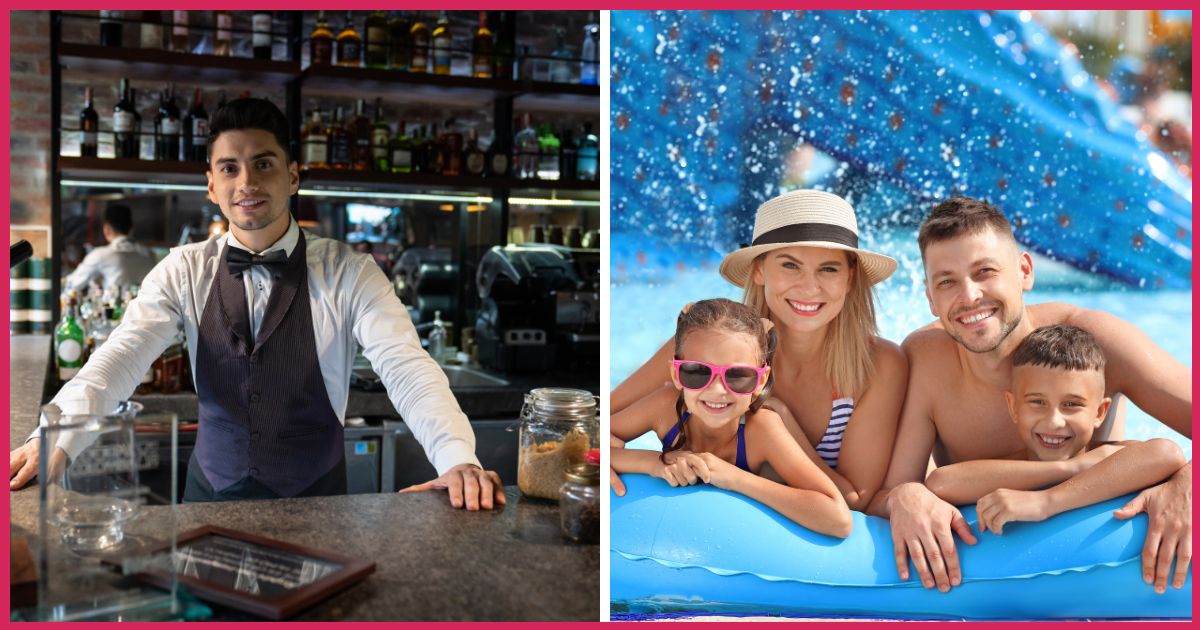
Sports and Recreational Opportunities
Hotels often provide basic fitness centre facilities, and some may offer a swimming pool or a small gym. In contrast, resorts are geared towards a more comprehensive array of sports and recreational activities. You might find golf courses, tennis courts, and even facilities for water sports such as kayaking or windsurfing. For example:
- ⛳ Golf: Resorts may have their own 18-hole courses.
- 🎾 Tennis: Multiple courts with the option to receive coaching.
- 🏄♂️ Water Sports: Equipment hire for activities like snorkelling or paddleboarding.
Cultural and Theme-Based Experiences
Resorts often immerse you in the local culture or a particular theme. Cultural workshops and performances can give you a taste of the regional heritage. Some resorts are even built around themes, closely resembling theme parks in their design and attractions. For instance:
- 💃 Cultural Experiences: Traditional dance shows or cooking classes.
- 🎢 Theme-Based Attractions: Rides and entertainment reflecting a specific concept or story.
Shopping and Local Attractions
While hotels may have a gift shop, resorts often boast a variety of shopping options that cater to a wide range of needs. Resorts might be close to, or even include, shopping complexes, allowing you to browse local crafts or international brands. Nearby tourist attractions are usually accessible from both establishments, but resorts often organise guided tours.
- 🛍️ Shopping: Boutiques and local art stores within a resort.
- 🏛️ Local Attractions: Arranged excursions to nearby landmarks or natural wonders.
Nightlife and Entertainment
Your evening entertainment options often differ significantly between hotels and resorts. Hotels might offer a lounge or a bar with a limited schedule, whereas resorts tend to have a vibrant nightlife scene, including multiple bars, live music, cocktail parties, and even in-house casinos, providing various entertainment options.
Hotels will enable you quick access to city nightlife due to their location, while resorts are all about the entertainment on-site.
- 🍾 Bars and Lounges: Relax with a drink in a quiet lounge or a lively resort bar.
- 🎷 Entertainment: From casinos to live music and themed evenings.
Each type of accommodation offers a distinct set of experiences, from laid-back to adventurous, that can cater to your individual preferences for entertainment and leisure.
Accessibility and Convenience
When selecting your accommodations, the convenience and accessibility greatly influence your overall experience. From the ease of reaching your destination to the proximity of local attractions and the check-in process, these factors play a crucial role in your travel.
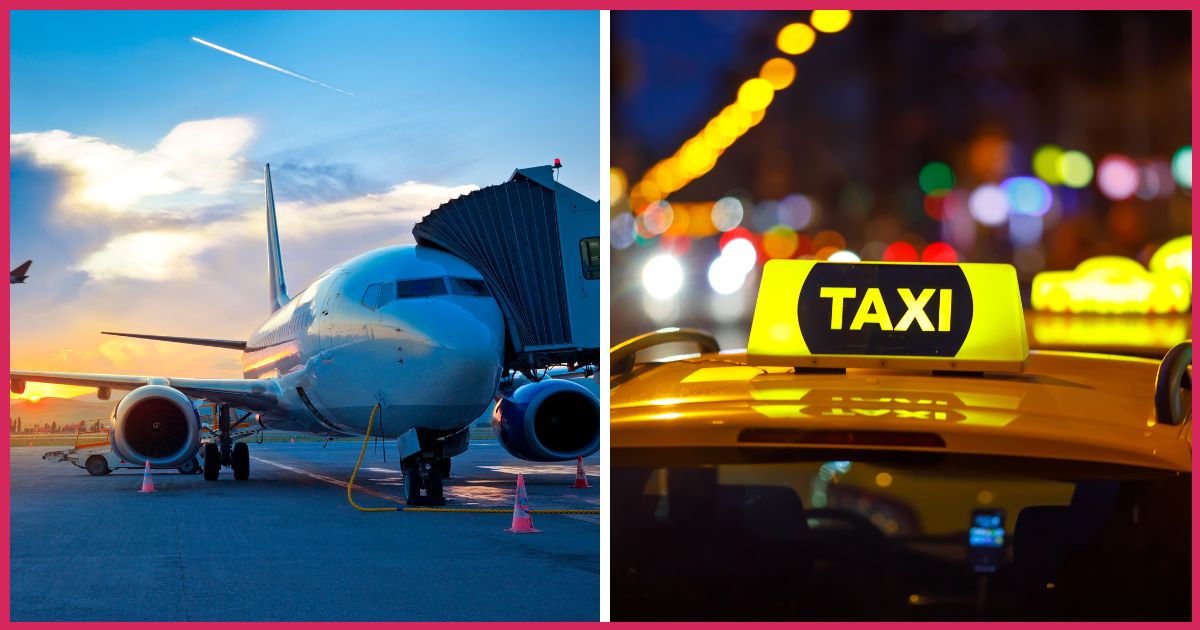
Transport and Travel Options
Hotels are typically located in the heart of cities, close to airports and public transportation. This offers you diversified travel options:
- 🛫 Air: Most cities with hotels have airports, often with shuttles or public transport links.
- 🚕 Land: Bus and taxi services are usually abundant, providing direct routes to your hotel.
Resorts, on the other hand, may be situated in secluded areas, which can result in longer transfers from airports or train stations. However, many resorts offer their own shuttles or private transport services to mitigate this.
Proximity to Attractions
Hotels:
- Often within walking distance to urban attractions like museums, eateries, and shopping centres.
- Close to business districts, which is convenient for corporate travellers.
Resorts:
- Tend to offer a complete package with on-site amenities such as beach access, golf courses, and spas.
- May require travel to visit external tourist attractions or urban centres.
Ease of Booking and Check-In
Both hotels and resorts strive for a streamlined booking and check-in process to enhance your convenience:
- 💻 Online Platforms: You can book accommodations and confirm details with a few clicks.
- 🛎️ Reception Services: Once at the destination, hotels and resorts alike often provide quick and efficient check-in services, minimising wait times.
- 🤵 Customer Service: Concierge services are available to assist you with specific requests and local travel arrangements.




